The holiday season is the time to "eat, drink and be merry" and, even though we shouldn’t, we sometimes share with our pets. They beg for food and look at us with pleading eyes and we think “What harm could it do to just give them a little bit?” Or they manage to steal something you left on the kitchen counter or on the table. The Whiskers, Paws and Love team want you to be aware that even what seems like a harmless piece of roasted turkey breast can be dangerous if it contains seasonings that poison your pet. The following are foods, drinks, and drugs that should raise a red flag:
Alcohol
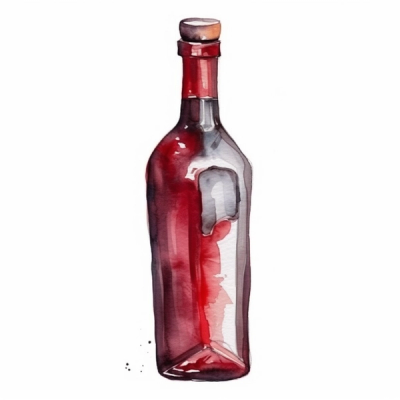
Alcohol not only causes intoxication in pets (as it does in humans), but it can lead to central nervous system damage. It takes far less alcohol to damage a dog or cat than it does to damage a human. Even tiny amounts can result in alcohol toxicity with symptoms that can include drooling, lethargy, weakness, coma and death. Two teaspoons of whiskey can put a five-pound cat in a coma. If you know that your pet has ingested anything with alcohol (even *mouthwash) contact a vet immediately.
Bones (Cooked)
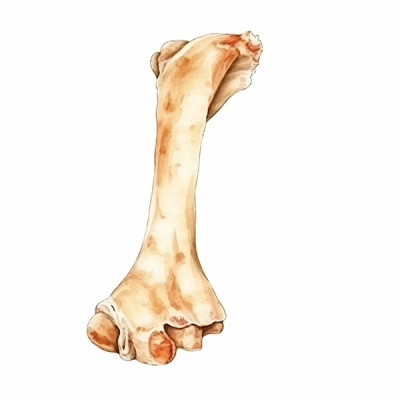
You should think twice before giving your pet a cooked turkey or chicken bone straight from the table. Cooked bones can easily splinter and become lodged in your pet’s throat or cause tears in the esophagus or a perforation in the gastrointestinal tract. If you are eating cooked meat with bones, be sure to clean up immediately after you’ve finished. Don’t leave plates with bones lying on the counter where your pet can get at them.
Chocolate

Most pet owners already know that chocolate can cause kidney failure in dogs, but did you know that it is also deadly when ingested by cats? Chocolate contains caffeine and theobromine, which can both prove fatal. Theobromine acts as a stimulant to increase heart rate and a diuretic to increase the loss of their bodily fluids. All kinds of chocolate contain theobromine, even white chocolate, but the most dangerous varieties are dark chocolate and unsweetened baking chocolate. Symptoms include nausea, diarrhea, abnormal heart rate, seizures, and muscle tremors.
Cigarettes and/or Tobacco

The nicotine from tobacco affects the central nervous system. The symptoms of ingesting tobacco can include vomiting and/or diarrhea, mobility changes or difficulties, excessive salivation, agitation or nervousness, tremors or seizures and fatality. Vaping around pets is equally hazardous. In addition to nicotine, the toxins produced by vaping pens include aluminum and hydrocarbons. Second-hand inhalation of vaping pens can result in respiratory distress and long-term exposure can cause cancer of the lungs, sinuses, and nasal passages. If a pet chews on or eats a vape pen, they are at risk of serious poisoning. Also, the droplets that land on your cat’s fur may cause them to inadvertently ingest chemicals during grooming. Never allow anyone to smoke cigarettes or to vape near your pet; be sure that trash is secured and keep pets in a separate area when you have rechargeable pens connected to USB ports or a household charger.
Coffee and tea

Just like with people, coffee will make your pet restless and hyperactive, but our pets are much more sensitive to caffeine’s effects than we are. Panting, vomiting, and agitation are all signs of caffeine poisoning; and as the toxicity level continues to build up there will be even more serious symptoms such as seizures and tremors. Contact the vet if more than a little slurp of coffee or tea is consumed by your pet. Larger amounts as well as grounds, beans, or tea bags can be deadly. *Since Caffeine is also in some cold medicines and painkillers, there is a definite risk when giving human medicines to pets.
Grapes and raisins

Both grapes and their dehydrated cousins, raisins, can potentially cause severe gastrointestinal distress, vomiting, and kidney or renal failure in both cats and dogs. Symptoms usually appear within a few hours after your pet eats the fruit. Clinical signs include increased thirst, lethargy, diarrhea, and vomiting.
Marijuana
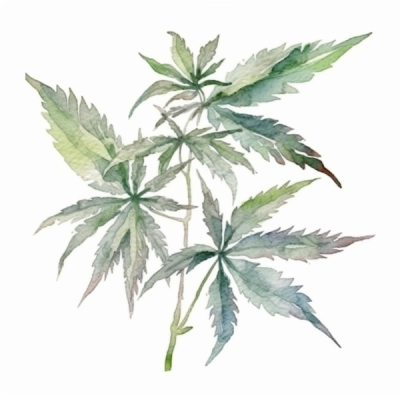
Marijuana (Specifically products that are made from the dried flowers, leaves, stems and seeds of the cannabis plant). Most pets are exposed to marijuana when they are present in the same room as a person smoking it like a cigarette or cigar, or they are given access to edible products like cookies or brownies. Since the drug alters the brain’s chemical messengers, many of the signs of intoxication are neurological. Your pet may become wobbly and uncoordinated, hyperactive, sleepy, disoriented, and/or very vocal. The pupils may dilate, and they may drool excessively or vomit. They may also develop urinary incontinence (i.e., urine leakage). In severe cases, tremors, seizures, and coma can result. Dogs have more receptors in their brains for cannabis, which means the effects are more dramatic when compared to humans. There is no safe level of exposure: A small amount may affect one pet more than another based on differences in age, health status, and body size. Although marijuana intoxication is seldom fatal, the side effects can still be dangerous and will make your pet extremely sick and miserable. You should take the same precautions with it as with other drugs in the home. Be careful. Keep all forms of marijuana, medical or recreational, out of the reach of your pet. Keep pets in a separate and well-ventilated room, away from second-hand smoke or the fumes from vaping devices. Pets have a good sense of smell and will be tempted to eat candies, chips, chocolates, and marijuana directly if they are accessible.
Most pet poisonings result from human medication. The best precautions are to keep your medicines out of their reach and to never give your pet over-the-counter human medicine unless your vet specifically advises you to do so. Common ingredients in human medicine, like acetaminophen (brand name: Tylenol), ibuprofen (brand names: Advil, Motrin, PediaCare, etc.) and alcohol, are extremely dangerous for your pet to ingest.
Nuts
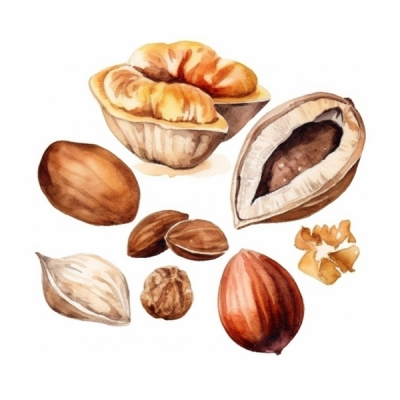
Macadamia nuts contain a toxin that can affect your pet’s muscles and nervous system. The symptoms of toxicity are weakness (especially in the hind legs), lethargy, vomiting, diarrhea, tremors, constant shaking, swollen limbs, high fever, panting, seizures, and an inability to walk. If you suspect your pet may have eaten even one Macadamia nut, consult your veterinarian immediately. Other nuts, including walnuts, almonds and pecans can cause digestive upset and potentially pancreatitis in dogs and cats.
The Onion (Allium) family
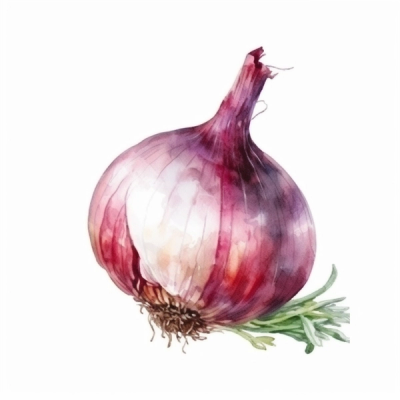
Onions, garlic, chives, leeks, shallots, and scallions. Whether cooked, raw, powdered, or dehydrated, all members of the Allium family are particularly toxic to dogs and cats, causing gastrointestinal irritation and breaking down their red blood cells leading to anemia. Most pets ingest onions when they are fed meat-based human food scraps, so take care when feeding your pet leftovers. Signs of illness are not always immediate and can occur up to a few days later.
Xylitol
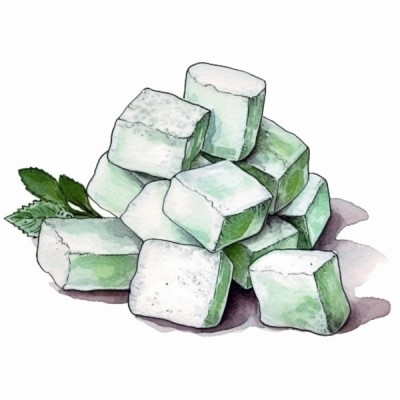
Xylitol (also known as wood sugar, birch sugar, and birch bark extract). Xylitol is an artificial sweetener found in many low-fat, diet, and sugar-free products (including some peanut butter - so always check the label) which can cause hypoglycemia (an extreme drop in your pet’s blood sugar). Xylitol can also lead to liver failure and blood clotting disorders. Symptoms include lethargy, loss of coordination, and vomiting. Your pet may have seizures within 10-60 minutes after ingesting Xylitol, and liver failure can occur within just a few days.
Conclusion
Always keep your veterinarian’s phone number on hand to call in the event of an emergency. And, since it always seems as though emergencies happen on holidays, it is wise to have a list of the phone numbers of 24-hour emergency veterinarians located in your area prepared in advance of the holidays. It is also a good idea to have the phone number for poison control to find out what you should do to minimize the damage if you know that your pet has ingested any of these substances.




